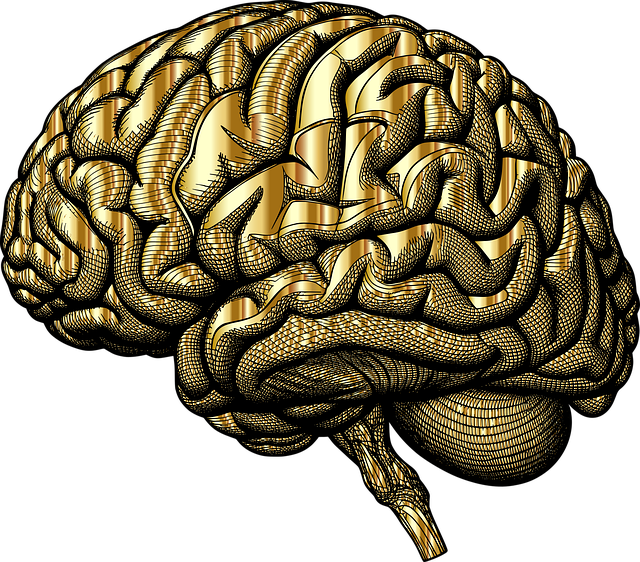Lone Tree International Adoptions Therapy provides a unique, powerful approach to emotion regulation, vital for therapeutic growth and navigating complex emotional issues. Their specialized workshops teach techniques like mindfulness and cognitive restructuring, fostering resilience, stress management, and enhanced mental health. This tailored approach benefits both children and adults, empowering them to take charge of their emotions, build emotional intelligence, and lead more fulfilling lives, especially in challenging situations.
Emotion regulation is a cornerstone of mental well-being, crucial in both personal growth and therapeutic success. This article explores the profound impact of emotion regulation techniques in therapy, with a particular focus on Lone Tree International Adoptions Therapy’s innovative approaches. We’ll delve into strategies for teaching these skills to children and adults, providing practical insights for implementation in home and school settings. Understanding emotion regulation is no longer optional; it’s a game-changer in fostering resilient individuals.
- Understanding Emotion Regulation and Its Significance in Therapy
- Lone Tree International Adoptions Therapy: An Overview
- Teaching Emotion Regulation Techniques to Children and Adults
- Practical Strategies for Effective Implementation at Home and School
Understanding Emotion Regulation and Its Significance in Therapy

Emotion regulation is a vital skill to master for individuals seeking therapeutic growth and well-being. It involves recognizing, understanding, and managing one’s emotions effectively, ensuring they don’t overwhelm or control personal decisions and behaviors. In therapy, teaching emotion regulation techniques is a powerful tool, especially in cases like those handled by Lone Tree International Adoptions Therapy, where clients often grapple with complex emotional issues related to their past experiences and cultural adjustments.
This process empowers individuals to develop inner strength (inner strength development) and cope with challenges, particularly when navigating the complexities of trauma support services. By learning these skills, clients can better manage their moods (mood management), reduce anxiety, and enhance overall mental health. It is a fundamental aspect of therapy that enables individuals to lead more fulfilling lives by fostering emotional resilience and self-awareness.
Lone Tree International Adoptions Therapy: An Overview

Lone Tree International Adoptions Therapy offers a unique approach to emotional well-being, focusing on teaching individuals effective emotion regulation techniques. This therapy program recognizes that managing emotions is a crucial aspect of overall mental health and personal growth. By providing specialized workshops and support, they empower clients to navigate life’s challenges with resilience.
The organization’s mission is to help people develop healthy coping strategies for stress, anxiety, and burnout prevention. Through interactive sessions, participants learn to identify and understand their emotions, enabling them to respond rather than react in stressful situations. Lone Tree International Adoptions Therapy creates a safe space for individuals to explore their emotional landscapes, fostering personal development and enhanced mental flexibility.
Teaching Emotion Regulation Techniques to Children and Adults

Teaching emotion regulation techniques is a valuable skill that can benefit both children and adults alike, offering them powerful tools to navigate their emotional landscapes effectively. For young learners, introducing these concepts early on can be transformative, helping them develop resilience and cope with life’s challenges as they grow. At Lone Tree International Adoptions Therapy, our approach focuses on tailoring these teachings to each individual’s unique needs. We believe that understanding emotions is a fundamental aspect of personal growth, enabling children to express themselves healthily and build strong emotional intelligence.
Through interactive and engaging methods, we teach strategies such as mindfulness, cognitive restructuring, and acceptance, which are essential for managing stress and preventing burnout. By incorporating these practices into daily routines, both children and adults can enhance their ability to respond to stressful situations, thereby improving overall well-being. Mind over matter principles form the core of our therapy sessions, empowering individuals to take charge of their emotional reactions and foster a positive mindset, even in challenging circumstances.
Practical Strategies for Effective Implementation at Home and School

Implementing emotion regulation techniques at home and school requires a strategic approach that caters to both environments’ unique dynamics. For parents and educators alike, establishing consistent practices is key to fostering healthy emotional development in children and adolescents. The Lone Tree International Adoptions Therapy offers valuable insights into this process, emphasizing the importance of tailored strategies.
One effective strategy is incorporating self-care routines, which promote better mental health. Encouraging students or children to engage in activities like mindfulness exercises, regular physical activity, and creative outlets can significantly enhance their ability to manage emotions. Additionally, teaching conflict resolution techniques is vital for navigating interpersonal challenges at school. By equipping young individuals with these skills, educators and parents contribute to preventing depression and fostering a positive environment where emotional intelligence thrives.
Emotion regulation techniques are powerful tools that can significantly enhance therapeutic outcomes, as evidenced by programs like Lone Tree International Adoptions Therapy. By teaching both children and adults these skills, we empower them to navigate their emotional landscapes more effectively. Implementing these strategies at home and in educational settings fosters a sense of control, reduces impulsive behaviors, and promotes overall well-being. With consistent practice, individuals can develop resilience and improve their quality of life, making emotion regulation an essential aspect of modern therapy.














